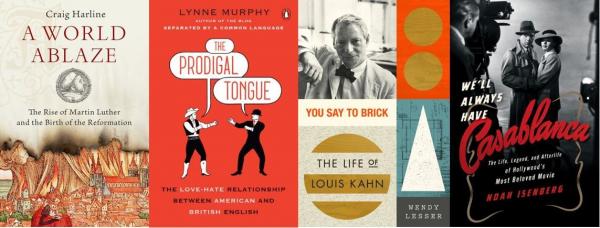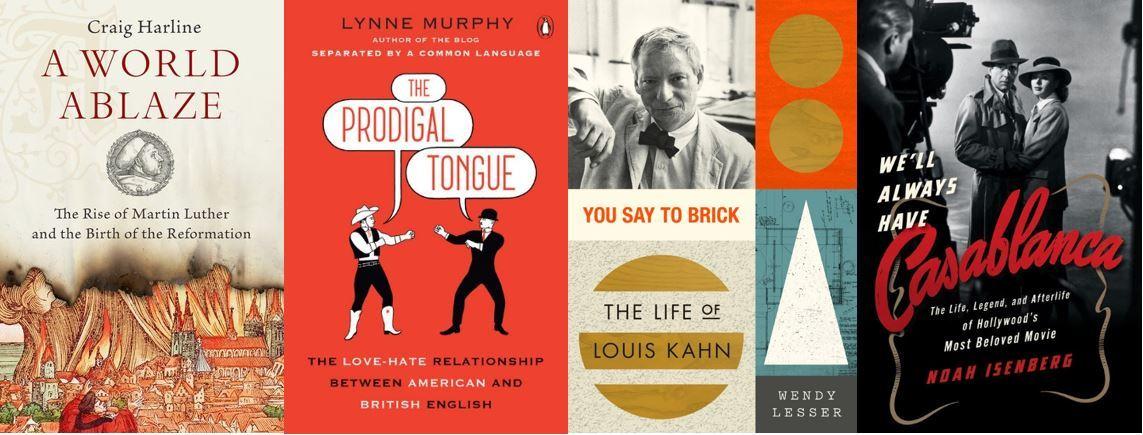An Introduction to NEH’s Public Scholars Program for State and Jurisdictional Humanities Councils
Since its founding in 1965, NEH has made grants to funded original humanities scholarship. This grantmaking to strengthens the institutional base of the humanities and to opens new worlds of learning for Americans of all ages and from all backgrounds.
Similarly, state and jurisdictional humanities councils keep the humanities at the heart of the programs and grants they offer. Along with scholars and practitioners in the field, the councils are well-positioned to reach diverse communities and to make the humanities accessible to broad audiences across the United States.
For councils looking to better integrate original scholarship in their programs that resonates with their audiences, NEH’s Public Scholars program is rich with resources.
An Introduction to the Public Scholars Program
In 2015, the Public Scholars program, offered through the Division of Research Programs, began awarding grants to individual authors to fund research, writing, travel, and other activities that led to the publication of a nonfiction book in the humanities. The program seeks to encourage non-academic writers to deepen their engagement with the humanities by strengthening the research underlying their books and to encourage academic writers in the humanities to communicate the significance of their research to the broadest possible range of readers.
Many NEH Public Scholars have received national awards for their work. For example, NEH Public Scholar W. Caleb McDaniel received a 2020 Pulitzer Prize in history for his NEH-funded book, Sweet Taste of Liberty: A True Story of Slavery and Restitution in America.
These well-researched, nonfiction books appeal to a broad audience looking to deepen their knowledge of and engagement with various topics in the humanities. For example, Laura McCarty, executive director of Georgia Humanities, recently recommended to colleagues Gods of the Upper Air, a book on the birth of cultural anthropology written by NEH Public Scholar, Charles King. McCarty was inspired to read the book after listening to an interview King gave with the National Public Radio (NPR) in which he was “so effective” in discussing his book with NPR’s listeners. Georgia Humanities had previously funded King’s participation at the Georgia Association of Historians conference.
Examples of Topics and Books from the Public Scholars Program
We encourage councils to consider the work of NEH’s Public Scholars in the design and implementation of their council programs and activities. Some of the many topics addressed by NEH Public Scholars include: an exploration of the historical role and impact of the Green Book; a biography of frequently overlooked suffragist Helen Hamilton Gardner; and the history of scientists who have studied the globe’s climate and waters.
Below is a selection of recent (since January 2020) and forthcoming publications from NEH Public Scholars:
Edward Ball, Life of a Klansman: A Family History with White Supremacy
Abram C. Van Engen, City on a Hill: A History of American Exceptionalism
Kimberly Hamlin, Free Thinker: Sex, Suffrage, and the Extraordinary Life of Helen Hamilton Gardener
Stephen Heyman, The Planter of Modern Life: Louis Bromfield and the Seeds of a Food Revolution
Megan Kate Nelson, The Three-Cornered War: The Union, the Confederacy, and Native Peoples in the Fight for the West
Candacy Ann Taylor, Overground Railroad: The Green Book and the Roots of Black Travel in America
Please visit NEH’s website for a full list of recently funded Public Scholars program projects. For additional guidance on incorporating NEH Public Scholars in your council’s work, please contact your Office of Federal/State Partnership Program Officer.
Follow us on Twitter @NEH_FedState

